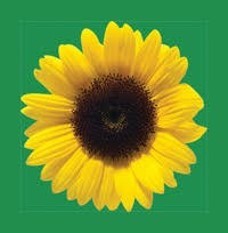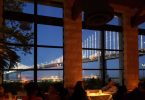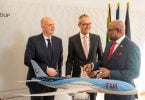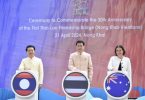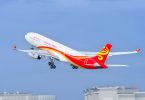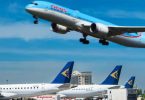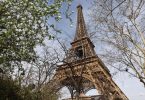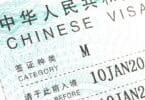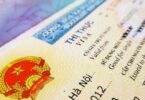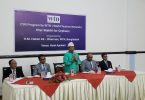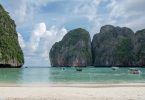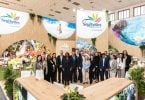Ndị ọchịchị na Ọdụ ụgbọ elu Mineta San José (SJC) today introduce the Sunflower Lanyard Program in conjunction with the California State Council on Developmental Disability (SCDD).
The Sunflower Lanyard program allows airport workers to subtly identify travelers in need of an extra level of customer service. By wearing the lanyard, travelers with invisible or less visible disabilities identify themselves as being in possible need of extra assistance or service.
John Aitken, Director of Aviation at Mineta San José International Airport, notes, “We understand the challenges our customers are facing in the current travel environment, and that having a disability can often compound those challenges. The Sunflower Lanyard program is a perfect complement to our customer service approach, allowing our staff to meet customers’ needs in a way that is discreet and empowering for the traveler.”
Any traveler who self-identifies as having a disability or assists someone who has a hidden disability may request and wear a lanyard. The program is voluntary, and no additional verification is required. Sunflower Lanyards are provided free of charge.
Through the program, staff at SJC has been thoroughly trained to assist travelers wearing a Sunflower Lanyard. Training helps staff identify travelers wearing the lanyard as having need of additional attention and/or support at the Airport, such as:
- More time to prepare at check-in, security check-points, and boarding
- An escort to gate or other areas as needed
- Help to find a quieter area of the airport (for those travelers with sensory needs)
- Clearer, more detailed instructions and/or explanations about airport processes and requirements
- Assistance with reading signage
- Patience and understanding as the travelers adjust to airport processes
According to the California SCDD training, an “invisible disability” (or less visible disability), references a spectrum of disabilities not immediately apparent to others. These include but are not limited to things such as low vision, hearing loss, autism, anxiety disorders, dementia, Crohn’s disease, epilepsy, fibromyalgia, lupus, rheumatoid arthritis, post-traumatic stress disorder (PTSD), learning disabilities, and mobility issues.
Travelers may obtain a Sunflower Lanyard at airline check-in counters, Airport Information Booths when staffed, or by making arrangements in advance at [email protected].
The Sunflower Lanyard program started at London’s Gatwick Airport in 2016, with users wearing colorful green lanyards decorated with sunflowers. The Program has since been adopted by public venues throughout the UK, as well as airports around the world. Roughly 10% of Americans have a condition that could be considered an invisible disability.
Wearing a lanyard does NOT guarantee fast tracking through security, nor does it guarantee any preferential treatment.
Passengers are still required to arrange special assistance with their respective airlines.

